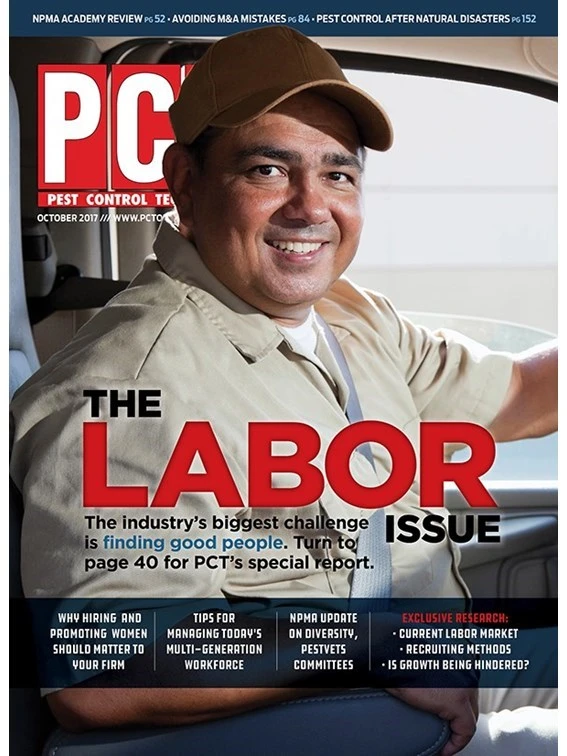Like it or not, all teams are potentially dysfunctional. This is inevitable because they are made up of fallible, imperfect human beings. From the basketball court to the executive suite, politics and confusion are more the rule than the exception. However, facing dysfunction and focusing on teamwork is particularly critical at the top of an organization because the executive team sets the tone for how all employees work with one another.
A former client, the founder of a billion-dollar company, best expressed the power of teamwork when he once told me, “If you could get all the people in the organization rowing in the same direction, you could dominate any industry, in any market, against any competition, at any time.”
Whenever I repeat this adage to a group of leaders, they immediately nod their heads, but in a desperate sort of way. They seem to grasp the truth of it while simultaneously surrendering to the impossibility of actually making it happen.
Fortunately, there is hope. Counter to conventional wisdom, the causes of dysfunction are both identifiable and curable. However, they don’t die easily. Making a team functional and cohesive requires levels of courage and discipline that many groups cannot seem to muster.
ADDRESSING THE DYSFUNCTIONS. To begin improving your team and to better understand the level of dysfunction you are facing, ask yourself these simple questions:
- Do team members openly and readily disclose their opinions?
- Are team meetings compelling and productive?
- Does the team come to decisions quickly and avoid getting bogged down by consensus?
- Do team members confront one another about their shortcomings?
- Do team members sacrifice their own interests for the good of the team?
Although no team is perfect and even the best teams sometimes struggle with one or more of these issues, the finest organizations constantly work to ensure that their answers are “yes.” If you answered “no” to many of these questions, your team may need some work.
The first step toward reducing politics and confusion within your team is to understand that there are five dysfunctions to contend with, and address each that applies, one by one. They include:
1. Absence of Trust
This occurs when team members are reluctant to be vulnerable with one another and are unwilling to admit their mistakes, weaknesses or needs for help. Without a certain comfort level among team members, a foundation of trust is impossible.
2. Fear of Conflict
Teams that are lacking on trust are incapable of engaging in unfiltered, passionate debate about key issues, causing situations where team conflict can easily turn into veiled discussions and back channel comments. In a work setting where team members do not openly air their opinions, inferior decisions are the result.
3. Lack of Commitment
Without conflict, it is difficult for team members to commit to decisions, creating an environment where ambiguity prevails. Lack of direction and commitment can make employees, particularly star employees, disgruntled.
4. Avoidance of Accountability
When teams don’t commit to a clear plan of action, even the most focused and driven individuals hesitate to call their peers on actions and behaviors that may seem counterproductive to the overall good of the team.
5. Inattention to Results
Team members naturally tend to put their own needs (ego, career development, recognition, etc.) ahead of the collective goals of the team when individuals aren’t held accountable. If a team has lost sight of the need for achievement, the business ultimately suffers.
THE REWARDS. Striving to create a functional, cohesive team is one of the few remaining competitive advantages available to any organization looking for a powerful point of differentiation. Functional teams avoid wasting time talking about the wrong issues and revisiting the same topics over and over again because of lack of buy-in. Functional teams also make higher-quality decisions and accomplish more in less time and with less distraction and frustration. Additionally, “A” players rarely leave organizations where they are part of a cohesive team.
Successful teamwork is not about mastering subtle, sophisticated theories, but rather about embracing common sense with uncommon levels of discipline and persistence. Ironically, teams succeed because they are exceedingly human. By acknowledging the imperfections of their humanity, members of functional teams overcome the natural tendencies that make teamwork so elusive.
Patrick Lencioni is the author of The Five Dysfunctions of a Team. He is the founder and president of The Table Group, a management consulting firm focused on organizational health. © Copyright 2014 The Table Group, www.tablegroup.com.

Explore the October 2017 Issue
Check out more from this issue and find your next story to read.
Latest from Pest Control Technology
- Hygiene IQ Uses Smart Sensor Technology to Detect Rodents
- Rollins Acquires Saela Pest Control
- PCT Spotlights Leaders in Pest Management for Women’s History Month
- Honey Bee Colony Losses Could Reach up to 70 Percent, WSU Researchers Report
- SiteOne Hires Dan Carrothers as Vice President of Agronomic Business Development
- U.S. Structural Pest Control Market Grew Nearly 8% in 2024, Specialty Consultants Reports
- Hands United Foundation Supports PMPs in Hardship Through Financial Relief
- Proven Pest Exclusion Solutions






